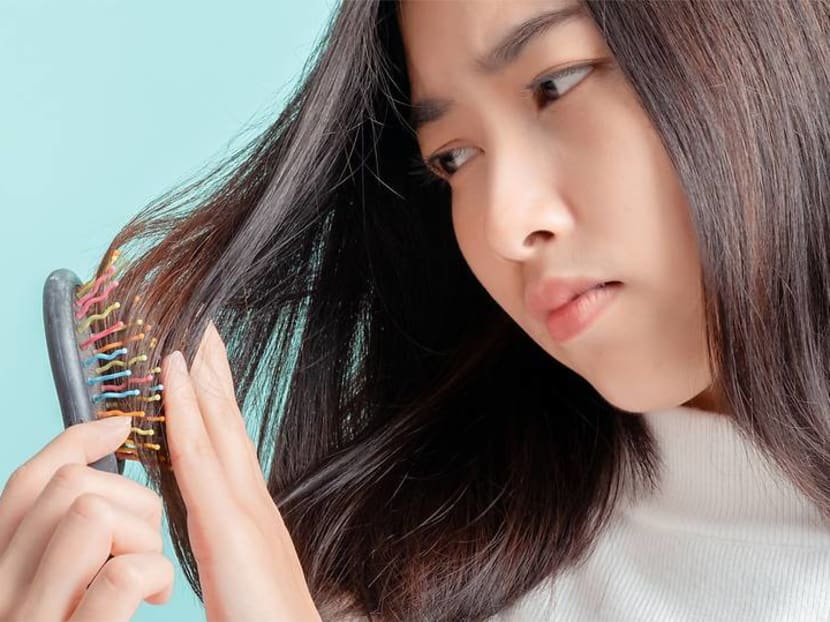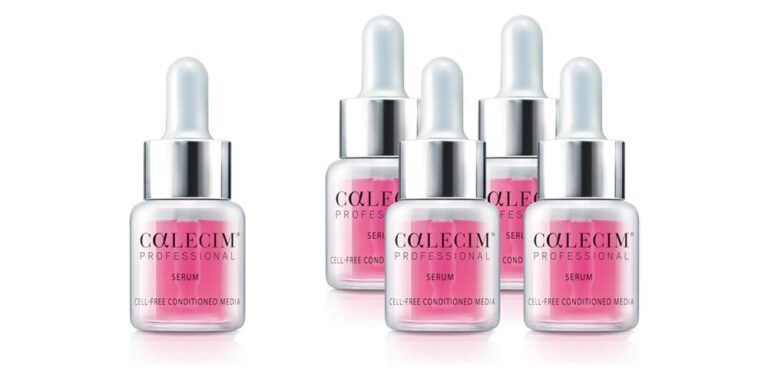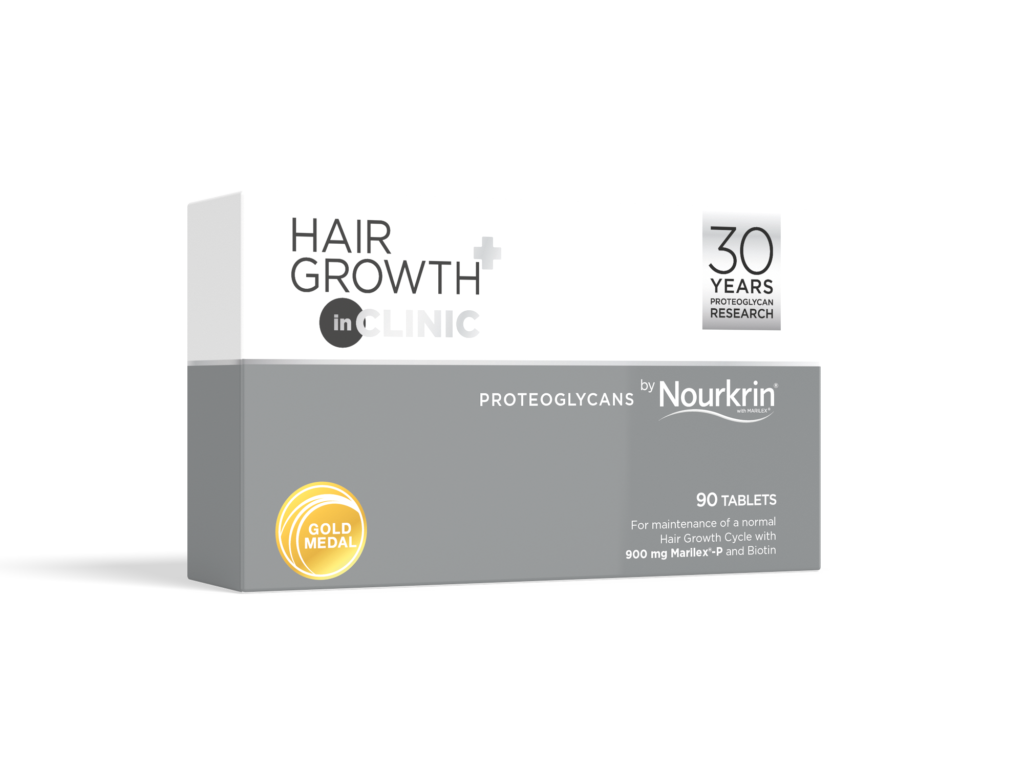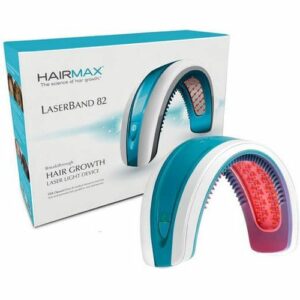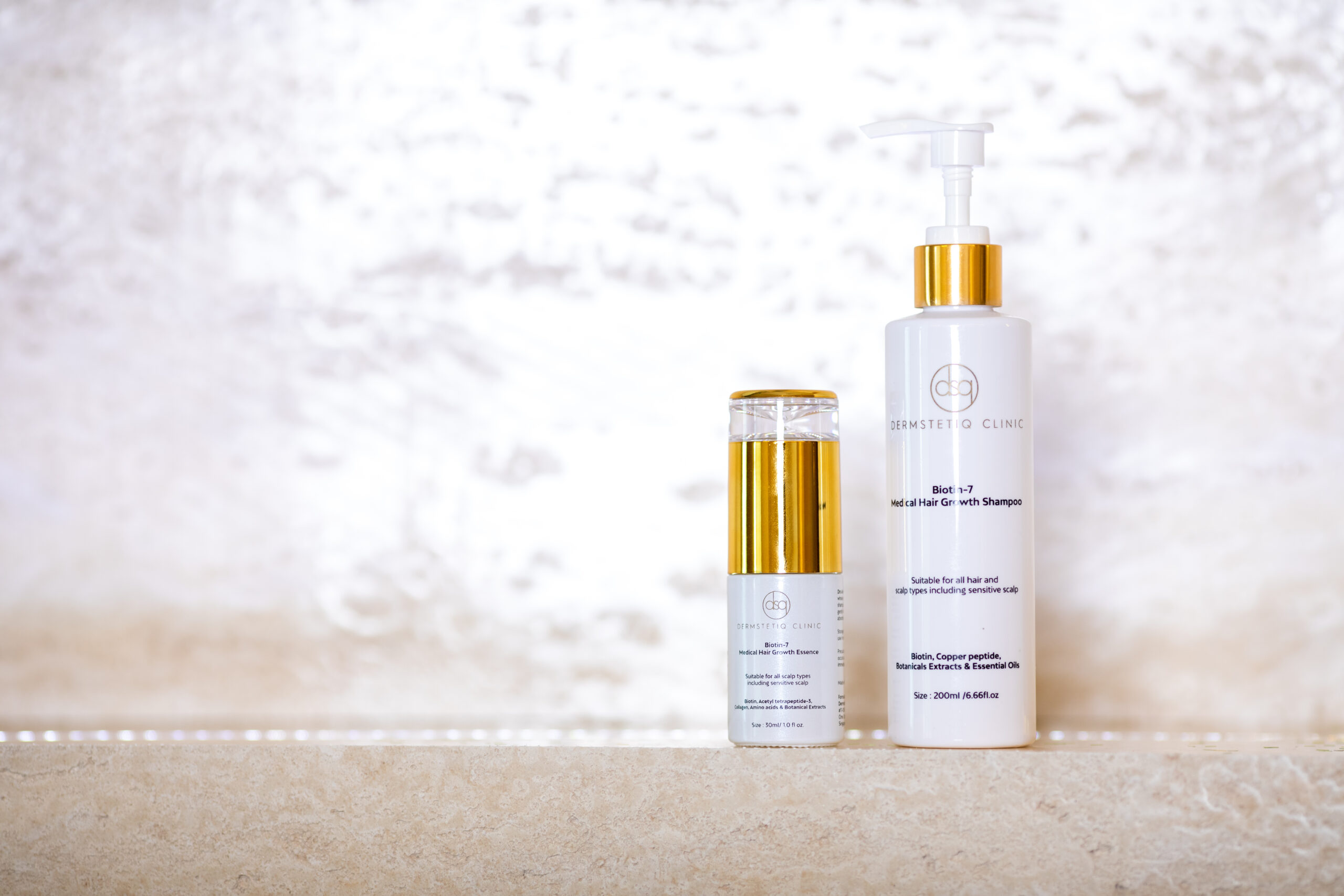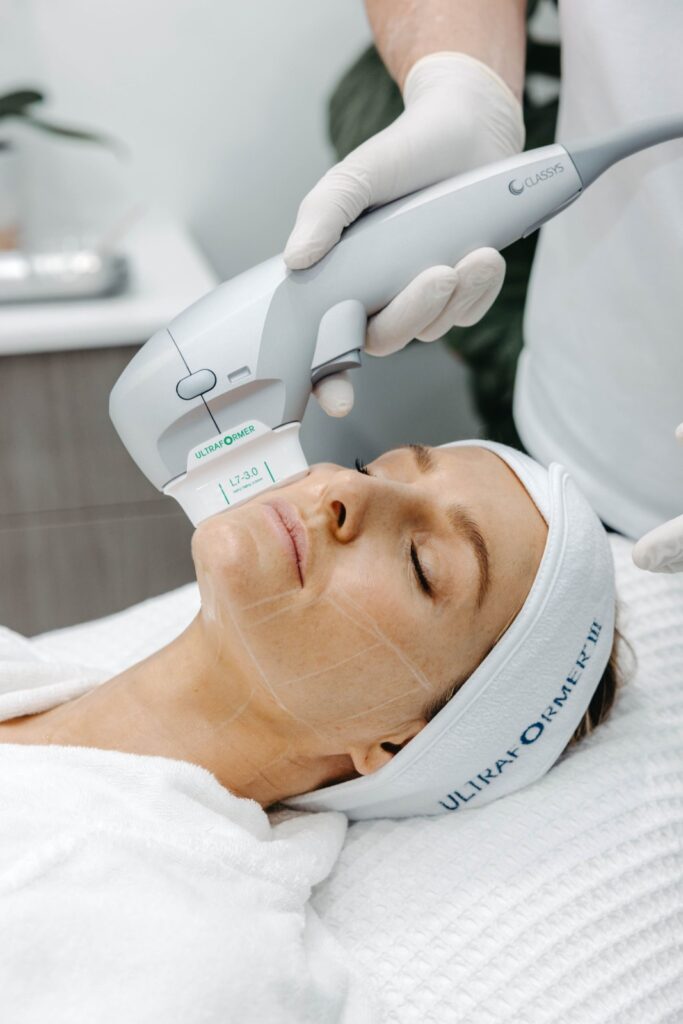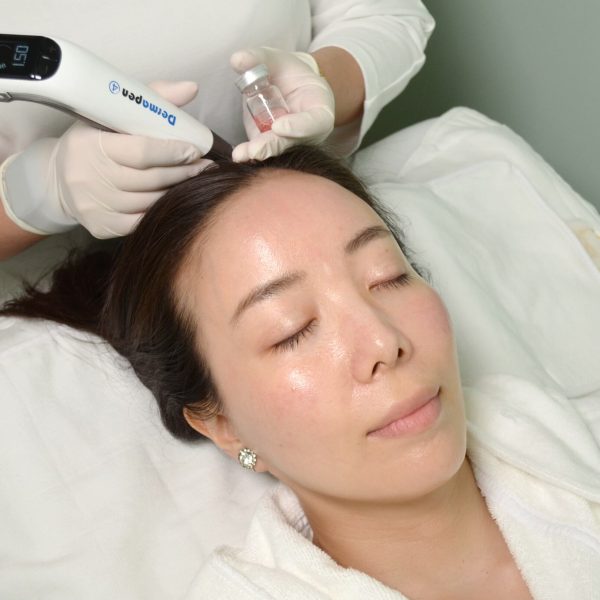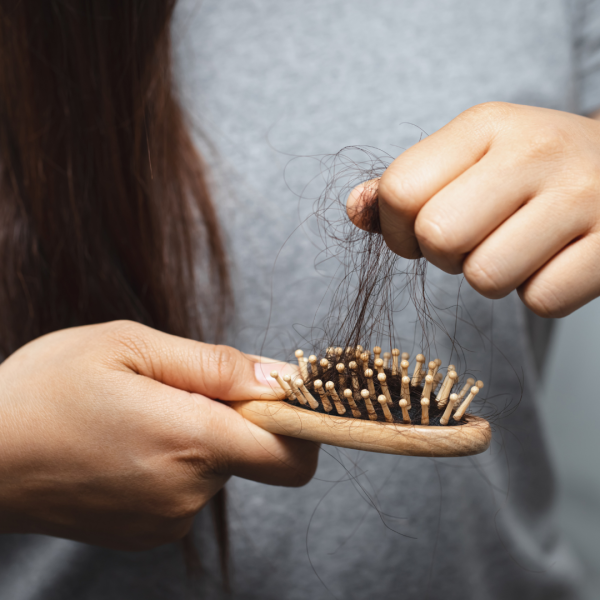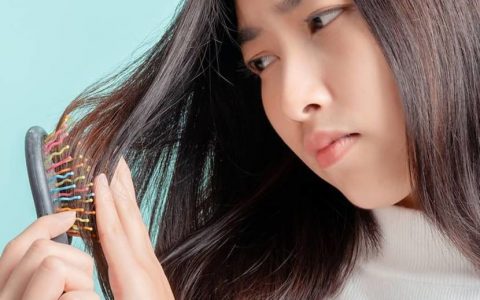Navigating Hair Loss: Lifestyle Adjustments and Dietary Insights
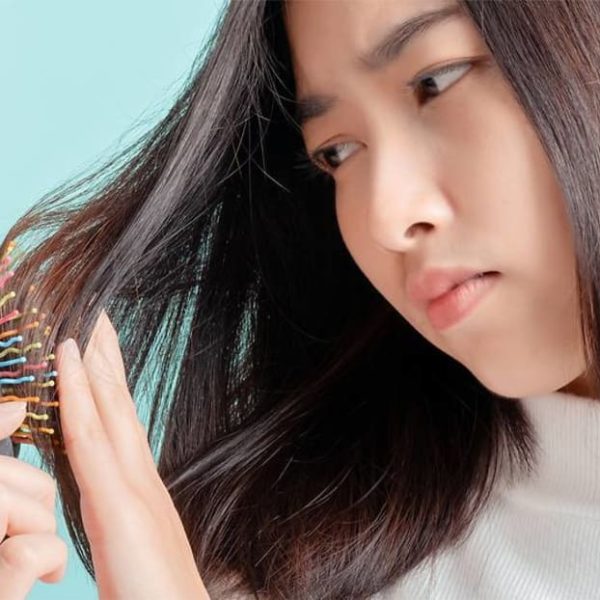
Hair loss can be an emotionally taxing experience, affecting not just how we look but how we feel about ourselves. It’s an issue that many people across the globe face, but fortunately, there are steps you can take to mitigate its impact. In this article, we’ll delve into lifestyle changes and dietary insights that can help manage hair loss. Whether you’re noticing more hair on your brush or simply looking to maintain a healthy mane, these tips might offer you some relief and perhaps even some unexpected benefits.
Understanding Hair Loss
The journey to dealing with hair loss begins with understanding the potential causes. Hair loss can be attributed to a variety of factors, including genetics, medical conditions, and lifestyle choices. While genetic factors may be beyond our control, lifestyle adjustments and dietary considerations offer a pathway to improving hair health.
Demystifying Common Causes
- Genetic Factors: Hereditary hair loss, also known as androgenetic alopecia, is a common cause affecting both men and women. It’s often characterized by a predictable pattern of thinning.
- Medical Conditions: Conditions such as thyroid imbalances, alopecia areata, and hormonal changes from pregnancy or menopause can contribute significantly to hair loss.
- Lifestyle Influences: Stress, lack of sleep, and harsh hair care practices often exacerbate hair shedding.
Lifestyle Modifications for Healthier Hair
Lifestyle plays a critical role in our overall health, and hair is no exception. Here’s how mindful living can contribute to healthier locks.
Stress Management
Stress is an inevitable part of life, but chronic stress can wreak havoc on your body, including your hair. Finding effective ways to manage stress not only helps your mental health but may also improve hair health.
- Mindfulness and Relaxation: Techniques like yoga, meditation, or tai chi can reduce stress levels. Setting aside just 15-20 minutes a day for relaxation exercises can make a significant difference.
- Physical Activity: Regular exercise helps mitigate stress by releasing endorphins, enhancing not only your mood but also your body’s resilience.
Hair Care Habits
True hair health deeply intertwines with how you care for it daily. While some habits might seem beneficial, they can sometimes do more harm than good.
- Gentle Handling: Avoid vigorous rubbing and excessive heat styling, as they can weaken hair strands. Opt for air drying when possible.
- Choosing the Right Products: Using shampoos without harsh sulfates and conditioners with hydrating properties can infuse life back into tired tresses.
Nourishment from Within: Dietary Advice
The link between diet and hair health is one often underscored by nutritionists and physicians alike. Filling your plate with the right nutrients can support luscious, healthy hair.
Essential Nutrients for Hair Growth
Eating a balanced diet ensures your body—and your hair—get the nutrients they need.
- Protein: Hair is primarily made of keratin, a protein, so ensuring adequate protein intake is crucial. Lean meats, beans, and eggs are excellent sources.
- Biotin and B Vitamins: Essential for hair growth and overall scalp health. Foods like eggs, nuts, and whole grains are rich in biotin.
- Iron and Zinc: Deficiencies in these minerals can lead to hair loss. Incorporate red meat, leafy greens, and seeds to boost these nutrients.
Incorporating Superfoods
Certain foods are particularly beneficial for hair due to their nutrient density.
- Dark Leafy Greens: Kale and spinach are loaded with iron, beta carotene, folate, and vitamin C—all contributing to a nourished scalp and follicles.
- Nuts and Seeds: Packed with omega-3 fatty acids and proteins, almonds and walnuts can help reduce inflammation and retain hair health.
Conclusion
While hair loss can feel daunting, understanding its multifaceted nature and addressing it through lifestyle changes and diet can lead to substantial improvements. By incorporating stress management techniques, embracing gentle hair care, and nourishing your body with essential nutrients, you take proactive steps toward sustaining a healthy scalp and robust hair growth.
Remember, each person’s journey is unique, and what works for one might not work for another. Don’t hesitate to consult healthcare professionals for personalized advice. Meanwhile, stay patient and positive on your path to healthier hair—you’re not alone.
If this article has sparked new insights or reaffirmed your approach to hair care, share your thoughts or experiences below. Your journey might become someone else’s inspiration.
At Dermstétiq Clinic, Dr. Tan Hui Suan and her team are committed to providing personalised care and expert advice to address a wide range of dermatological concerns. Whether it’s acne, hyperpigmentation, premature aging, or other skin issues, their comprehensive approach ensures patients receive the best possible treatments tailored to their unique needs. By staying informed and proactive about skin health, patients can achieve and maintain beautiful, healthy skin.
DSQ Elite proudly stands as the official distributor of multiple world-renowned, scientifically-proven effective skincare, haircare, and weight loss products. Our journey began with a simple yet profound commitment: s to unlock the power of cutting-edge research and technology to create products that go beyond the surface, delving deep into the science of beauty.
Call us today for a personalized consult
Call us at +65-69800878 or submit the following form to make an appointment.


